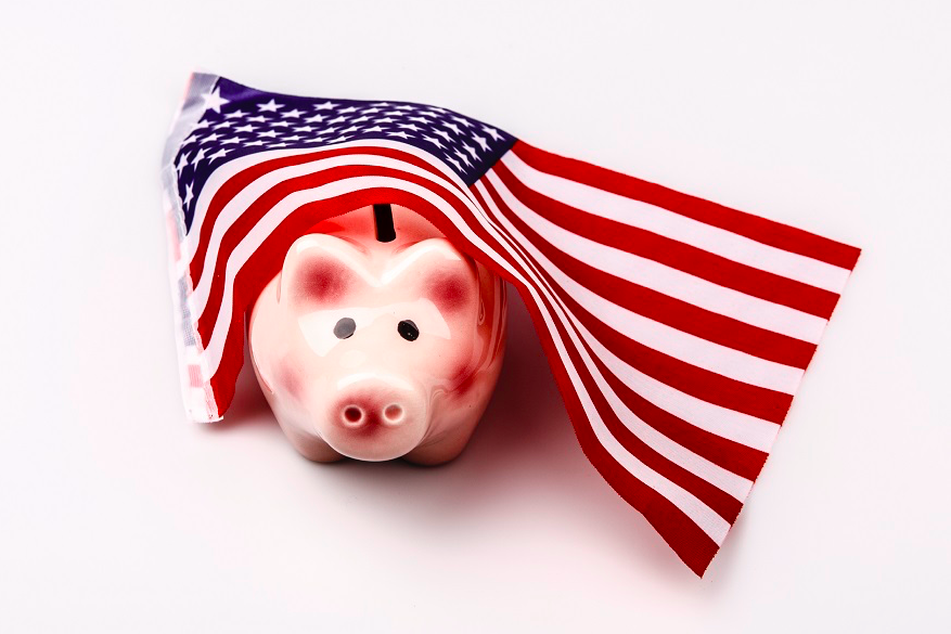Employer-based rainy day fund could help employees save for retirement

Americans interested in hypothetical emergency savings program offered by employers.
American workers support the idea of saving for an emergencies through an employer-based program and such accounts could even help more people stay on track for their long-term financial goals, like retirement, a new survey found.
The AARP Public Policy Institute recently surveyed more than 2,500 adults about a hypothetical benefits program, and three out of four employees were interested in a payroll deduction concept that would hold employees’ savings, savings that can be withdrawn at any time without penalty. The survey determined that financial stress and trust in the employer would be the primary drivers for participation, rather than factors like income, age or gender.
“Financial well-being is not a demographic, it’s psychographic,” Warren Cormier, chief executive of Boston Research Technologies and executive director of DCIIA Retirement Research Center, said in an AARP Public Policy forum about the survey.
(More: 401(k) advisory firms creating in-house financial wellness programs)
An employer-based rainy day fund has the potential to help employees stay on track for longer-term financial goals, like saving for college or for retirement, by helping them handle smaller financial setbacks. The study found that an employer match would make 87% of employees more likely to participate.
The hypothetical program would automatically enroll employees and “nudge” them to save. According to the Federal Reserve, four in 10 American households would not be able to come up with $400 in the event of a financial emergency.
According to the survey, however, more than half of the nation’s employers that do not offer financial wellness programs are unsure about the value of these programs. And 26% of employees said they already save on their own.
(More: Chipping away at entitlement reform)
Participants in the forum also voiced concerns, wondering whether an emergency savings program would be redundant for workers who already set aside a portion of their paycheck, or might cut into a list of financial priorities that include planning for retirement or college.
Panelists said the effectiveness of the program would be highly individual to the employee, and is likely more useful to the employee for whom debt is not a concern. By saving for short-term financial goals, employees can also effectively save for retirement.
(More: Americans still have no emergency savings, poll finds)
The rate of premature withdrawals from workers’ retirement accounts is quite high, so “finding ways to prevent them from doing that would be a good thing,” said David Newville, director of federal policy at Prosperity Now.
Learn more about reprints and licensing for this article.








